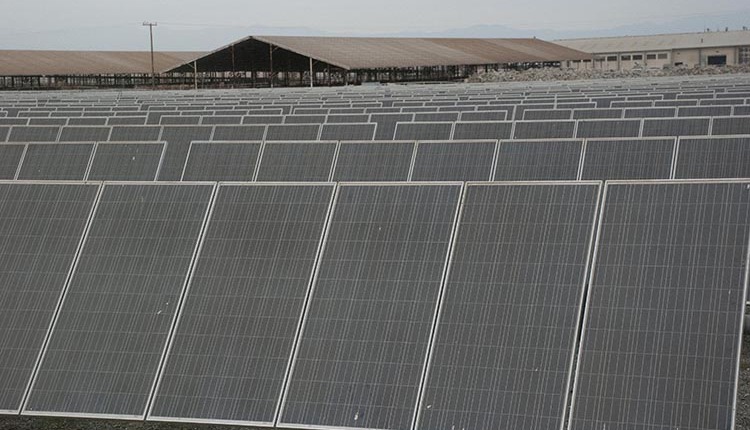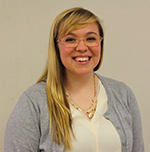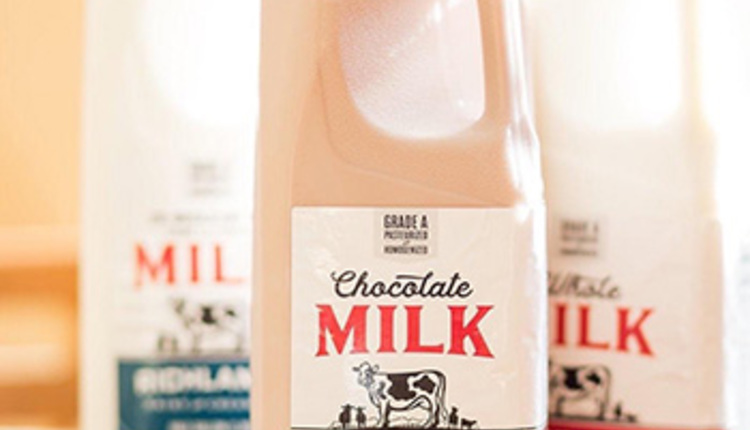
For some, the slightest mention of anything “sustainable” might ignite an indifferent facial expression. For others, they grab the word right out of the sky and embrace it. Dairy farmers are commonly known for serving as stewards of the land. With that mission, sustainability naturally follows as farmers try to do the best they can for their land, animals, and the environment.
At Legacy Ranches #2 in Pixley, Calif., the path to sustainability has resulted in construction of solar panels and a methane digester on the farm. In order to meet the needs and manure production of the 3,000 Jerseys that call the farm home, the operation’s partners had to think on a large scale.
Josh Fernandes, a Legacy Ranches partner, said, “We’re trying to find any way to sustain ourselves in the dairy industry. That means being in the right location at the right time and place.” That’s exactly what happened.
Like many operations, the farm utilizes a flush system and process to separate sand and manure. Not only is the sand recycled, but the manure embarks on a completely different journey after separation.
After consulting with an outside company, the farm is now recently home to a five-acre system that includes a manure separator and methane digester to harvest and process renewable energy to be utilized by vehicles. The actual pit, covered by a huge tarp-like material, is approximately 20 feet deep and covers over three acres. A pipe extracts the gas, it’s cleaned, and travels to a silo to await its future destiny.
Solar panels are another unique asset for the Fernandes family. Legacy Ranches #2 solely relies on the power generated from the solar panels that “track,” meaning that they move with the direction of the sun. When discussing the five acres of solar panels, Frank Fernandes, brother to Josh and a partner on the farm stated, “The solar panels don’t mean that we make more money. We’re just saving on energy costs.” The system generates 1 megawatt, which is equal to 1 million watts.
Both areas of technology are still relatively new to the farm. The Fernandes family hopes to learn from these experiences and progress forward to an efficient outlook for years to come.

Sarah Thomas grew up in Pittsboro, N.C., showing and raising dairy heifers. Thomas attends Virginia Tech, majoring in dairy science with minors in agricultural economics, communication, and Spanish. On campus, she’s involved with Dairy Club, Sigma Alpha, and has been a member of the Virginia Tech dairy judging team. Thomas is the current National Junior Holstein Advisory Committee Chairperson and is the 2019 Hoard’s Dairyman summer editorial intern.








